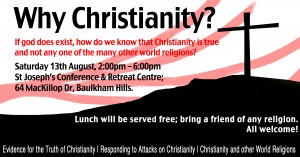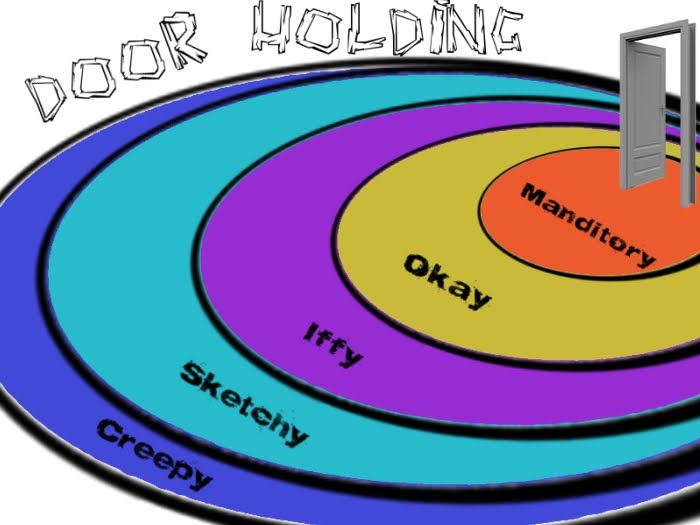
As the Coptic Church has spread into the Diaspora of Western nations it has experienced an ever growing interaction with non-Copts. The sheer breadth of this interaction is rarely appreciated by Copts I think. To list just a few situations:
- Employees and clients in Coptic organisations like Child Care Centres, Vacation Care Centres, Coptic Schools, Aged Care Facilities and the Theological Colleges.
- Interested visitors to Coptic monasteries.
- Marriages of Copts to non-Copts, or rather to converts to Coptic Orthodoxy.
- Dialogues with other Churches and religions through organisations like the World Council of Churches and its branches and Interfaith events.
- Participation in Government sponsored initiatives as well as those organised by civil society to deal with various pressing social issues.
- Coptic sporting teams participating in local competitions.
- Copts who run for political office.
- Missionary and outreach services.
- Services for the homeless and those in prison.
- Apologetics dialogues with non-believers.
- Kimi radio program and the Coptic satellite TV channels.
- Visitors to Coptic websites of all kinds.
- FOCUS – university campus societies.
- Copts who volunteer to teach religion in public schools.
- Interest from the media following the many massacres of Copts in Egypt and regarding the future of Christians in the Egypt of the Arab Spring.
All of these of course are in addition to the many thousands of commonplace interactions that take place daily in schools, tertiary institutions, workplaces and over the back fence with the neighbours.
In majority Muslim Egypt, there has often been strife, but relatively little actual theological debate or dialogue between the two Abrahamic faiths. One of the rare records of such debates Continue reading “Facing the World…”






